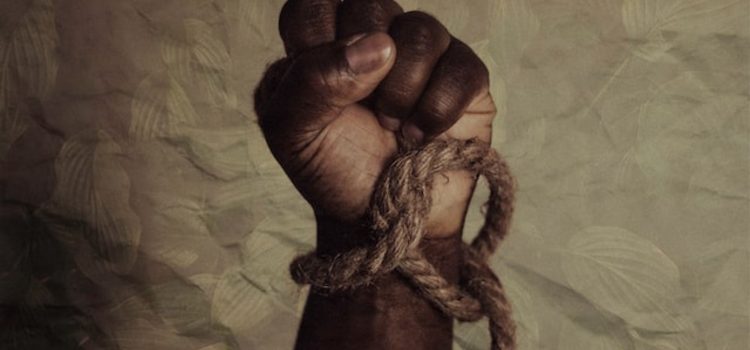

This article is an excerpt from the Shortform book guide to "Stamped from the Beginning" by Ibram X. Kendi. Shortform has the world's best summaries and analyses of books you should be reading.
Like this article? Sign up for a free trial here.
How did slave owners justify slavery? What role did religion play in perpetuating the institution of slavery?
One of the earliest justifications for enslaving Black Americans was the belief that white enslavers could save Black souls by converting them to Christianity. By that logic, if Blacks accepted Christianity, their souls would be absolved of their inherent immorality.
Here’s how religious rhetoric was used for justifying slavery.
Slavery as Salvation
Around 200 years before England established its first colonies in what became the US, Prince Henry the Navigator of Portugal began trading in African slaves. Kendi explains that this was purely a business decision—Henry didn’t want to work with established Muslim slave traders, and he also saw an opportunity to enter an emerging market (African slaves) as the previously dominant market (Slavic slaves) waned.
(Shortform note: Though slavery carries unavoidable racial connotations in the context of US history, the practice of slavery isn’t inherently racist. Slavery appears to predate recorded human history, and most human cultures have at some time enslaved prisoners of war, debtors, and other groups. According to some experts, the reason racism emerged alongside the early modern slave trade was the need to justify chattel slavery—the practice of owning humans as though they were property (not all forms of slavery follow this model, which is partly why slavery still exists today). In other words, the argument is that in order to treat people as property, it’s necessary to define those people as non-human or at least as inferior humans—and this is the basic logic of racism.)
Kendi says that after Henry’s death in 1460, his nephew and biographer obscured these financial motives by arguing that Henry was concerned with uplifting and spiritually saving the Africans by moving them to better conditions in Portugal and introducing them to Christianity. Over the next several hundred years, slavery became an important part of the European and Colonial economies. The first African slaves reached the future US in 1619, when an English captain raided a Spanish slave ship and then sold a group of “20 and odd” captives to the governor of Virginia. By this time, Kendi says, enslavers had firmly established the idea that Africans were beasts who were better off in European and American servitude.
According to Kendi, this rhetoric reached its peak with Mather (1663-1728), whose main contribution was to conflate white and Black as racial categories with white and black as descriptors of moral character. In doing so, he perpetuated the idea by justifying slavery as salvation. Around 1706, Mather argued that Black people were savage and immoral by nature, but that all people had (or were capable of having) white souls if they accepted Christianity and their God-given place in the social hierarchy. As we’ll see, Kendi suggests that the idea that Black people need white leadership has persisted ever since.
(Shortform note: This same religious logic was used to justify the exploitation and oppression of numerous groups throughout history. For example, some early European explorers in the Americas claimed a missionary purpose in order to justify exploiting native inhabitants, while others opposed this exploitation on similar missionary grounds (since it’s harder to convert people who’ve been abused in the name of the religion you’re trying to spread). Similarly, the desire to “civilize” native populations by spreading Christianity provided part of the justification for European imperial influences in Africa, India, and elsewhere.)

———End of Preview———
Like what you just read? Read the rest of the world's best book summary and analysis of Ibram X. Kendi's "Stamped from the Beginning" at Shortform.
Here's what you'll find in our full Stamped from the Beginning summary:
- How enslavers convinced themselves that slavery benefited slaves
- Why most antiracist reformers harbored racist thoughts
- How to achieve an antiracist society






